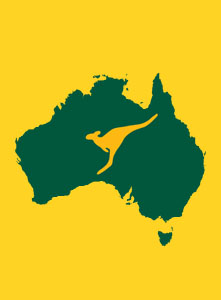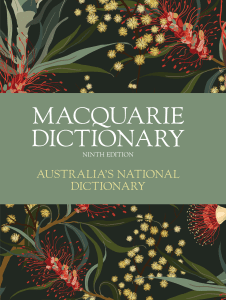Just as we love our antique bric-a-brac, so too do we love our antique words. We pick up an object, speculate on its purpose in life, admire its shape and colour even if we have no idea where it came from and what it is supposed to do. In the same way obscure words have a curious charm. They whisper to us of time past, even if we are ignorant of their origin and take very bad guesses as to their meaning.
Combine this love affair with obsolete words with the modern desire for listicles and you are provided on the internet with endless collections of arcane words. When you examine these lists more closely, just as with the antique bric-a-brac, you may find the derivation to be rather less interesting than you might have thought and the reasons for obscurity perfectly clear.
Take jollux, for example. An appealing word with just the one example of its use given in the English language, in a poem written in 1797. The footnote to the poem explains it as ‘a word used by the bon ton for a fat person’. It is possibly a British dialect word. The sound of the word combined with the sense probably appeals to us, as is true in the case of brabble, meaning ‘to dispute noisily’, a word with a slightly longer history in British English, albeit also in somewhat elevated language. This is onomatopoeia at its best.
Some words exhibit individual playfulness. The description beef-witted has one example of use, from Shakespeare’s Troilus and Cressida. ‘Thou mongrell beefe-witted Lord.’ But it belongs to a set of terms that disparage people by implying that their heads are stuffed with meat of some description. The Macquarie Thesaurus today gives us: beef-head, lard-head, and mutton-head. In passing I noticed one I rather like, spaghetti-for-brains. It is a vein of humour that Shakespeare may have worked but he is not the only one.
The dialects of other language communities are always a source of interest and entertainment. We have many links to the Scots dialect through British English and through our own experience of the Scots in Australia. We may even have read Robbie Burns, so expressions like ‘gang agly’ are vaguely familiar to us. But in the wilder reaches of the Scots dialect we find curglaff which means ‘the shock felt in bathing at the first plunge into cold water’. Hence it also means ‘panic-stricken’. This is one that I might resurrect for my own use. I am one of those people who creep into the surf, bit by agonising bit. The thought of plunging in, and the consequent curglaff that I would suffer, fills me with panic. I think curglaff will be very useful.
Are there any antique words you love? Tell us in the comments below.




